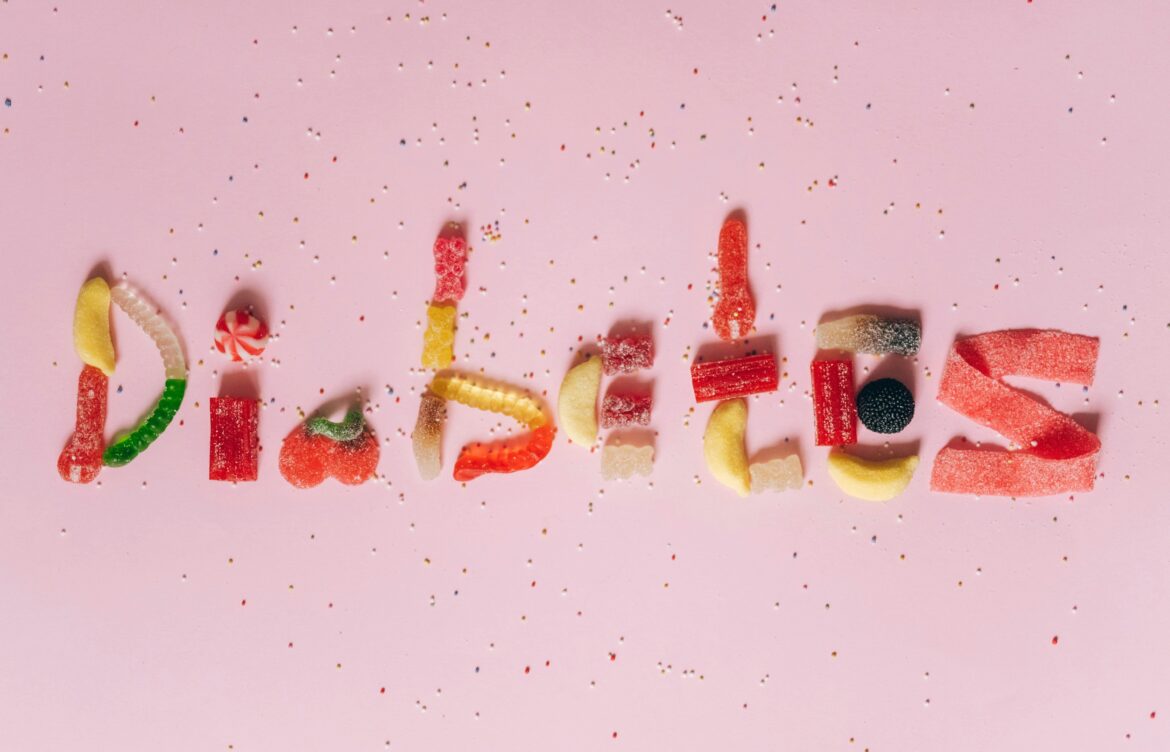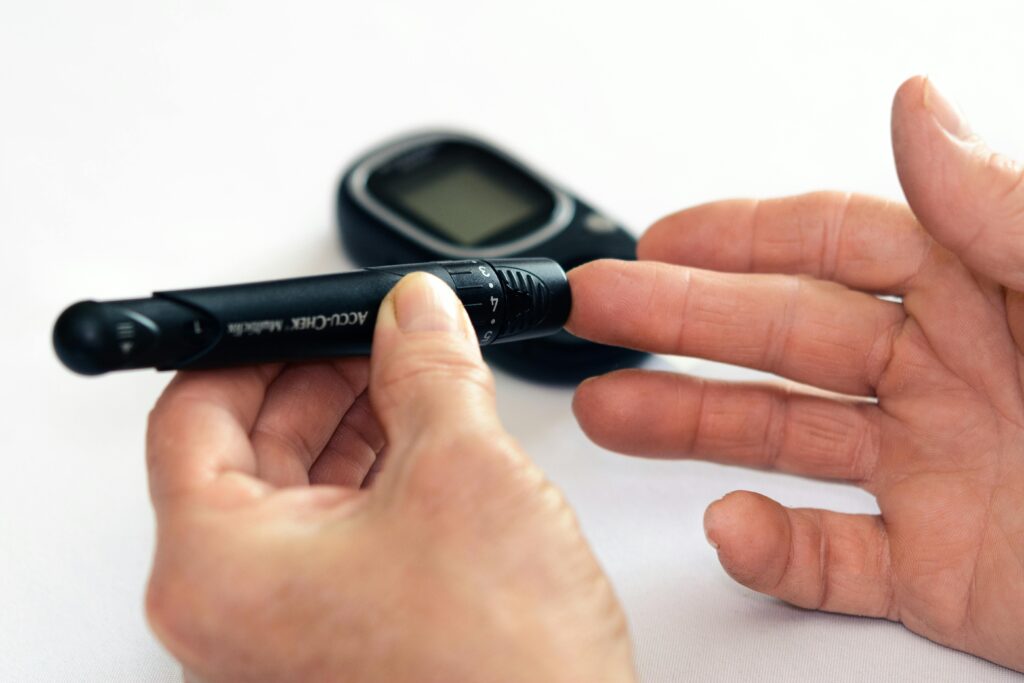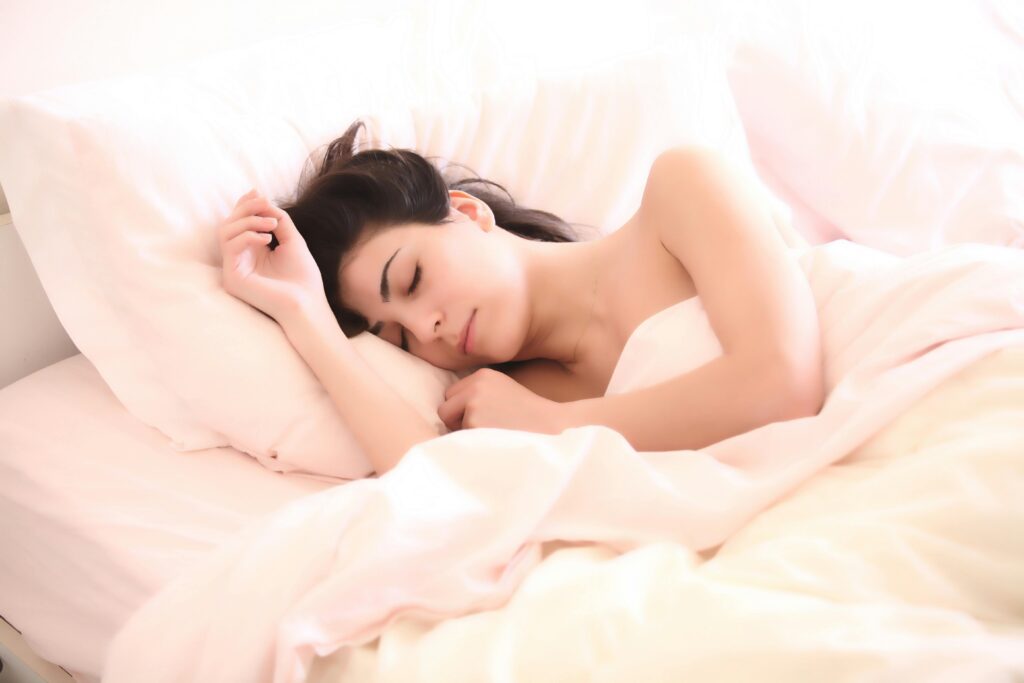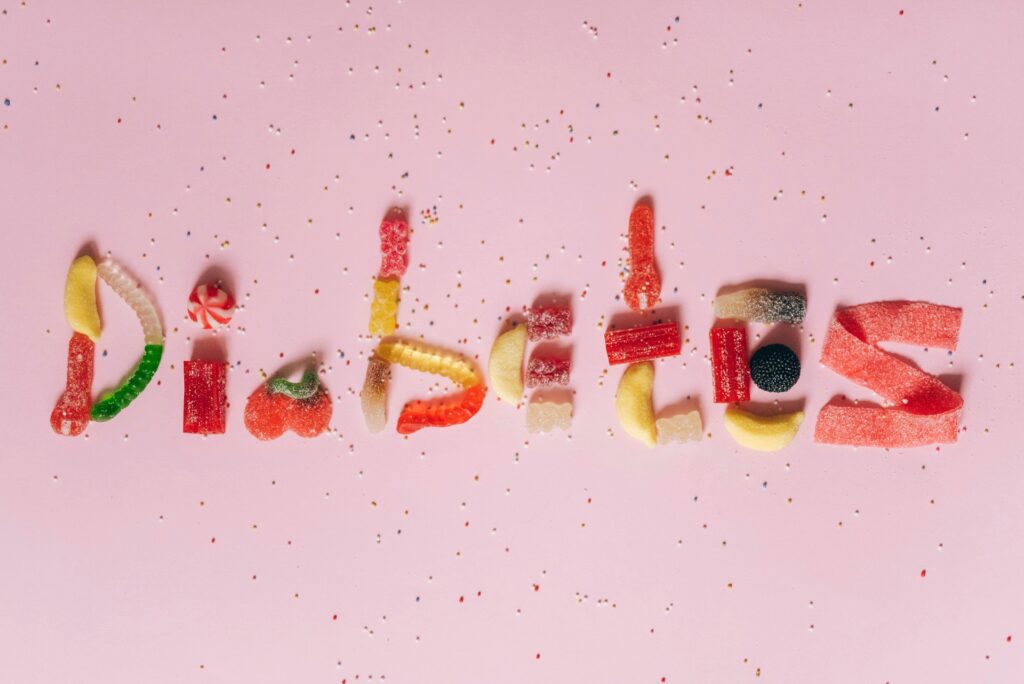
Sleep Apnea and Diabetes: The Dangerous Connection You Need to Know
Sleep apnea and diabetes are far more connected than most people realize. Emerging research shows these two conditions feed off each other in a vicious cycle that worsens both conditions. This comprehensive guide breaks down the science, risks, and practical steps to protect your health.

The Alarming Link Between Sleep Apnea and Diabetes
Key Statistics You Should Know
- People with sleep apnea are 2-3 times more likely to develop type 2 diabetes (American Diabetes Association)
- 58% of people with type 2 diabetes have undiagnosed sleep apnea (Journal of Clinical Endocrinology & Metabolism)
- Treating sleep apnea can improve blood sugar control by up to 30% (Diabetes Care Journal)
How Sleep Apnea Triggers Diabetes
- Oxygen Drops Spike Blood Sugar
- Apnea events cause repeated oxygen deprivation
- This triggers stress hormones (cortisol and adrenaline)
- These hormones make cells resistant to insulin
- Sleep Fragmentation Worsens Insulin Resistance
- Disrupted deep sleep reduces growth hormone
- Growth hormone helps regulate blood sugar
- Inflammation Connection
- Sleep apnea increases inflammatory markers
- Chronic inflammation damages pancreatic cells

How Diabetes Worsens Sleep Apnea
- High blood sugar leads to nerve damage (can weaken throat muscles)
- Diabetes causes fluid retention (swelling in airway tissues)
- Obesity link (common in type 2 diabetes) increases apnea risk
Symptoms That Suggest Both Conditions
✔ Excessive daytime sleepiness
✔ Waking up gasping for air
✔ Frequent nighttime urination
✔ Morning headaches
✔ Uncontrolled blood sugar despite medication
Diagnosis and Testing
Who Should Get Tested?
- All type 2 diabetes patients
- Prediabetics with snoring/fatigue
- Anyone with unexplained blood sugar spikes
Testing Options
- Home Sleep Test
- Measures breathing, oxygen levels
- Covers 80% of diagnoses
- Lab Sleep Study
- More comprehensive
- Needed for complex cases

Treatment Strategies That Help Both Conditions
1. CPAP Therapy: The Gold Standard
- Improves insulin sensitivity within 3 months
- Reduces HbA1c by 0.5-1% (similar to some diabetes meds)
2. Oral Appliances
- Good for mild-moderate apnea
- Helps those who can’t tolerate CPAP
3. Lifestyle Changes
- Weight loss: Just 10% reduction can cut apnea events by 30%
- Sleep position training: Back sleeping worsens apnea
- Blood sugar management: Helps reduce airway inflammation
FAQs
1. Can treating sleep apnea cure diabetes?
No, but it can significantly improve blood sugar control and reduce medication needs.
2. What’s the first sign I might have both conditions?
Frequent nighttime urination + unrefreshing sleep is a classic red flag.
3. Do all diabetics need a sleep study?
Not all, but recommended if you have:
- BMI over 30
- Neck size >17″ (men) or >16″ (women)
- Uncontrolled blood sugar
4. Can diabetes cause sleep apnea?
Yes, through multiple pathways including nerve damage and fluid retention.
5. What’s the most effective treatment combo?
CPAP + continuous glucose monitoring + low-glycemic diet shows best results.
Critical Takeaways
- Sleep apnea and diabetes worsen each other
- 58% of diabetics have undiagnosed apnea
- CPAP can improve blood sugar as much as some medications
- Testing is crucial if you have either condition
Action Step: If you have diabetes and snore/fatigue, ask your doctor about a sleep study today – it could transform your health.
